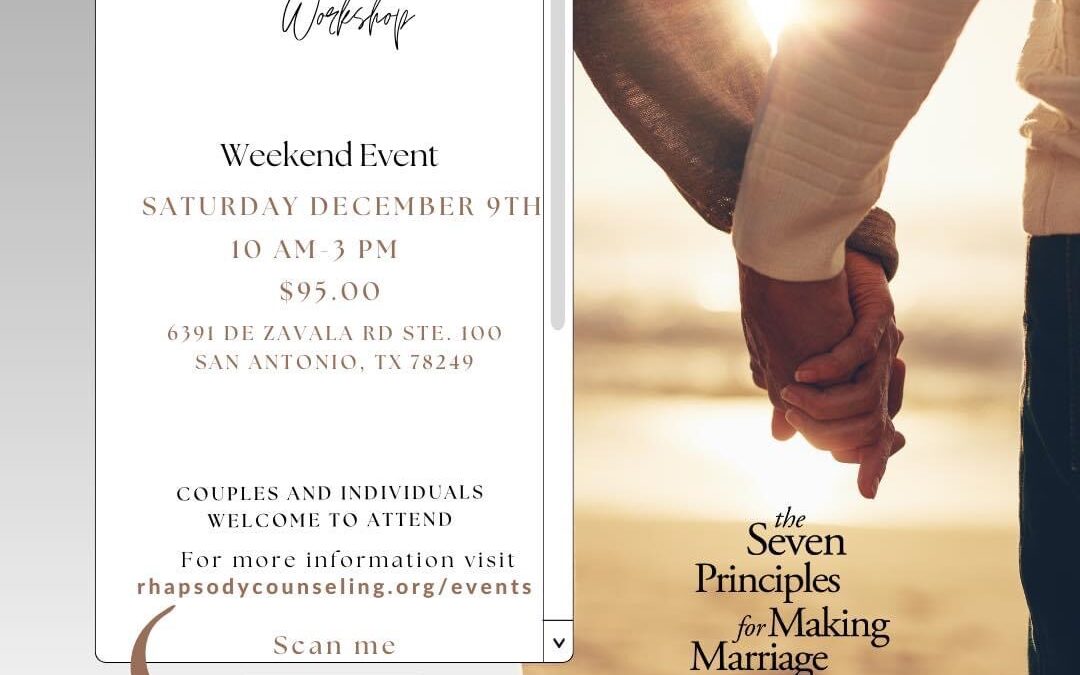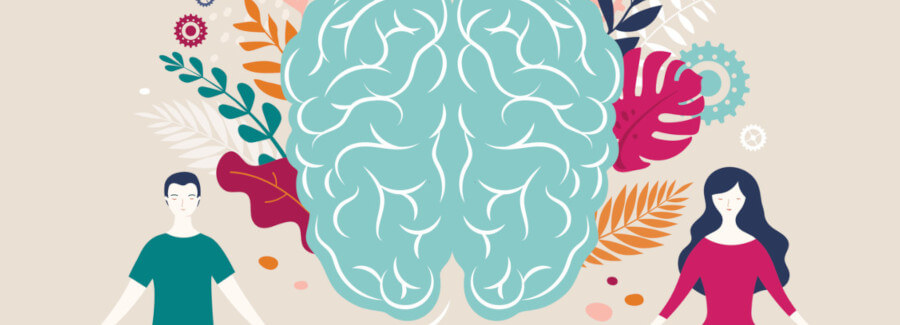By Jirzia Blackman, LCSW-S—CEO-Founder
The holiday season is often depicted as a time of joy, togetherness, and celebration. However, for many people, it can be a challenging and emotionally taxing period. Whether it’s due to personal loss, family dynamics, financial stress, or the pressure to meet societal or family expectations, the holiday blues can affect individuals of all ages. We are going to discuss the holiday blues, its causes, and provide practical tips for managing your mental well-being during this time. Holiday blues are a temporary and often stress-induced emotional state characterized by feelings of sadness, loneliness, anxiety, and/or depression during the holiday season. Every individual has their own story behind the emotional distress, but here are some possible triggers.
Grief and the loss of a loved one can be an incredibly challenging and emotional experience, and these feelings can become even more intense during the holiday season. The holidays are typically associated with joy, togetherness, and celebrations with family and friends. However, for individuals who have lost someone close to them, or even those who have experienced loss in the past, the holiday season can serve as a poignant reminder of the void left by the absence of their loved one. During the holiday season, many people look forward to reuniting with their family and friends, sharing special moments, and creating lasting memories. For those who are grieving, these festivities can magnify their sense of loss, making it particularly challenging to cope with their emotions. The traditional activities and gatherings that define the holiday season may no longer hold the same appeal or meaning for someone who is mourning a loved one.
What’s even more distressing is when the loss itself occurred on a holiday or a significant date, like a birthday. In such cases, that specific day can become intrinsically linked with the painful memory of the loss, often overshadowing the holiday or birthday itself. These anniversaries serve as painful reminders of the absence, and individuals may find it challenging to engage in the festivities or celebrations that others associate with these dates. Coping with grief during the holidays requires a unique approach. It involves acknowledging and validating one’s emotions while finding ways to honor and remember the loved one. Some people choose to create new traditions or rituals in memory of the person they lost, while others may seek support from friends, family, or professionals to help them navigate this challenging period. It’s crucial for individuals who are grieving during the holidays to recognize that their feelings are normal and that there is no right or wrong way to grieve. Everyone’s grief process is unique, and finding healthy ways to cope and seek support is essential for healing and finding moments of peace and remembrance during a time that can be laden with emotional complexity.
Family dynamics also play a factor in holiday blues. Family gatherings and reunions can sometimes bring about unresolved conflicts, tension, or a sense of loneliness, leading to emotional distress. Frequently, unresolved family issues can turn holiday gatherings into sources of distress. The weight of these unresolved problems can result in feelings of resentment when one is unable to join family gatherings due to these lingering issues. These concerns can manifest in various ways, making family interactions during the holidays more challenging and potentially leading to emotional turmoil. It’s not uncommon to find family members who don’t get along, creating tension and discomfort during holiday get-togethers. For example, someone may excessively drink, leading to disruptions and strained relationships within the family unit. Additionally, deep-seated family issues, such as unaddressed incidents of incest, can resurface during holiday gatherings, reopening old wounds that were once buried deep inside to protect oneself.
The holidays can also be a breeding ground for comparisons and competition among family members. There might be an aunt who constantly believes her children are superior to others or an in-law who disapproves of their child’s choice of a spouse. These dynamics and the associated feelings are often carried within the body, potentially resulting in symptoms of depression and anxiety when the holiday season approaches. In essence, the complex interplay of family dynamics can exert a significant influence on your emotional state during the holidays. It’s crucial to recognize that these issues can have a profound impact on one’s well-being.
Two other factors are financial stress and loneliness. Financial stress can cause strain in the family or resentment. The pressure to spend money on gifts, travel, and festive activities can lead to financial strain and anxiety. Loneliness can also play a factor in holiday blues. For those who are isolated, don’t have a strong support system, or are far from loved ones, the holidays can exacerbate feelings of loneliness.
Well, how do we manage these symptoms? Well, thank you for asking!
If you find yourself experiencing the holiday blues, it’s essential to prioritize your mental well-being. Here are some strategies to help you navigate this challenging time. Prioritize self-care activities such as meditation, exercise, or spending time doing things you enjoy. Taking care of your physical and emotional health is crucial. Set realistic expectations for yourself and/or your family. Recognize that it is okay not to have a perfect holiday. Setting realistic expectations and boundaries can alleviate stress. Reach out for support; don’t face these symptoms alone; you don’t have to. Talk to friends, family members, or a mental health professional about your feelings. You’re not alone, and there are people who care about your well-being. Don’t be afraid to create new traditions. If the usual holiday traditions contribute to your blues, consider creating new, less stressful traditions that bring you joy. Maybe go for a hike or do nothing! Volunteer or give back to the community. Sometimes, helping others during the holidays can provide a sense of purpose and alleviate negative emotions. Limit exposure to triggers, even if that means family members. If certain situations or people trigger your holiday blues, consider setting boundaries or limiting your exposure to them. Schedule an appointment to meet with a professional, especially prior to the holiday. If the holiday blues are severely impacting your mental health, don’t hesitate to seek help from a mental health professional.
Holiday blues can affect anyone, but with self-awareness and proactive strategies, you can minimize their impact on your mental health. Remember that it’s okay if you are not okay. Seek support and prioritize your well-being during this challenging season. By taking care of yourself and seeking help when needed, you can find ways to navigate the holiday blues and make the most of the festive season.











